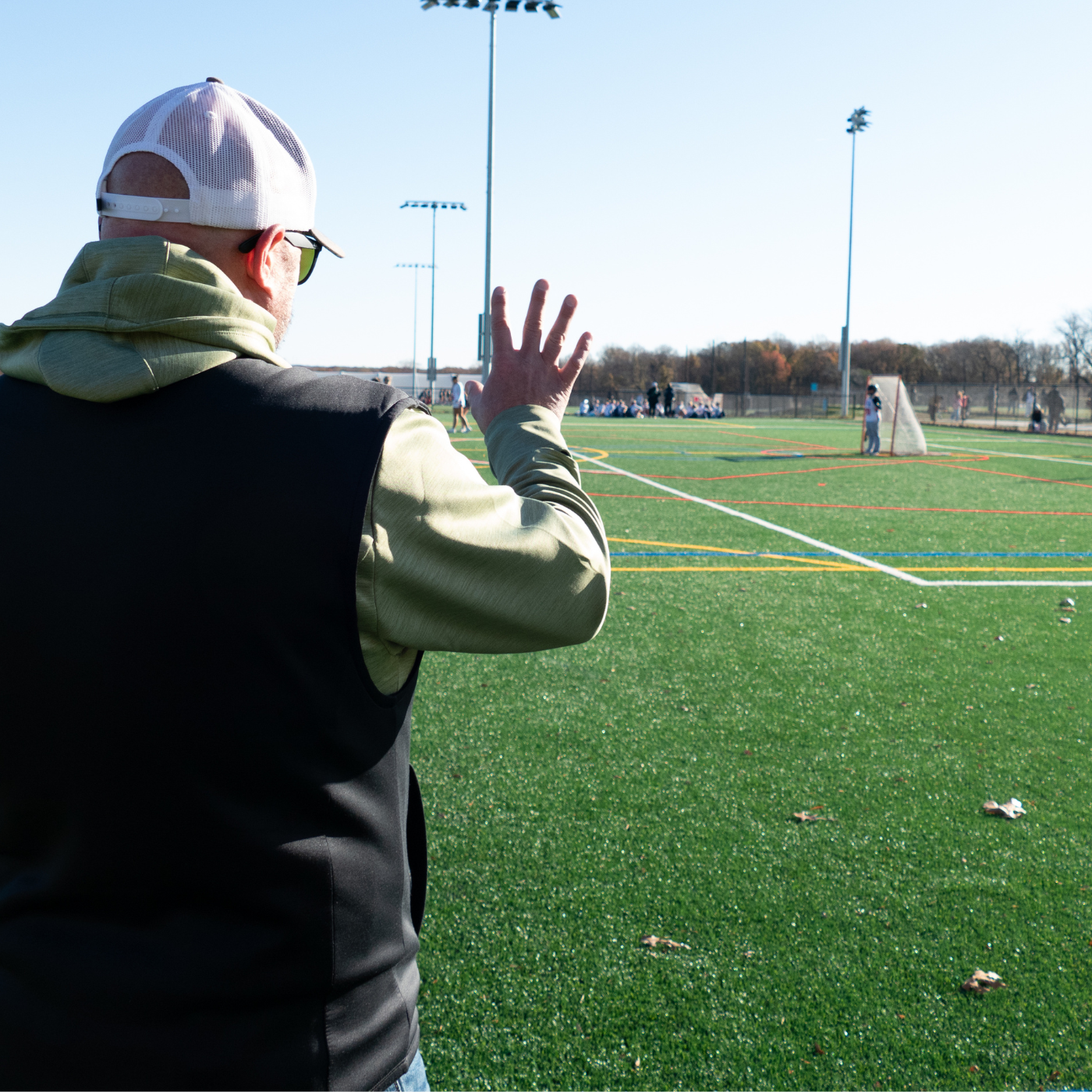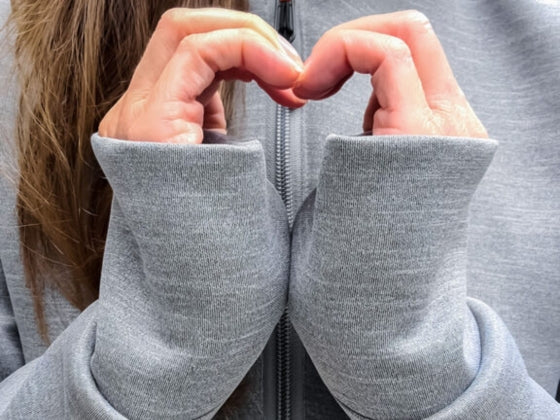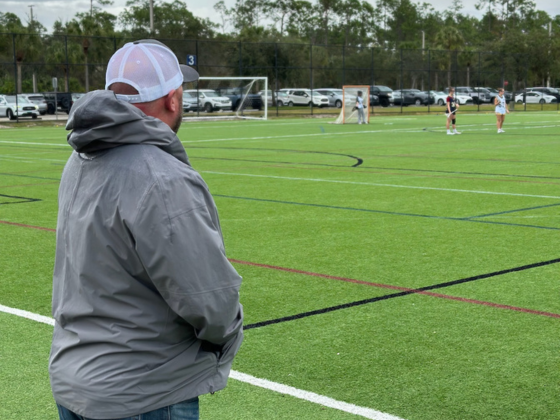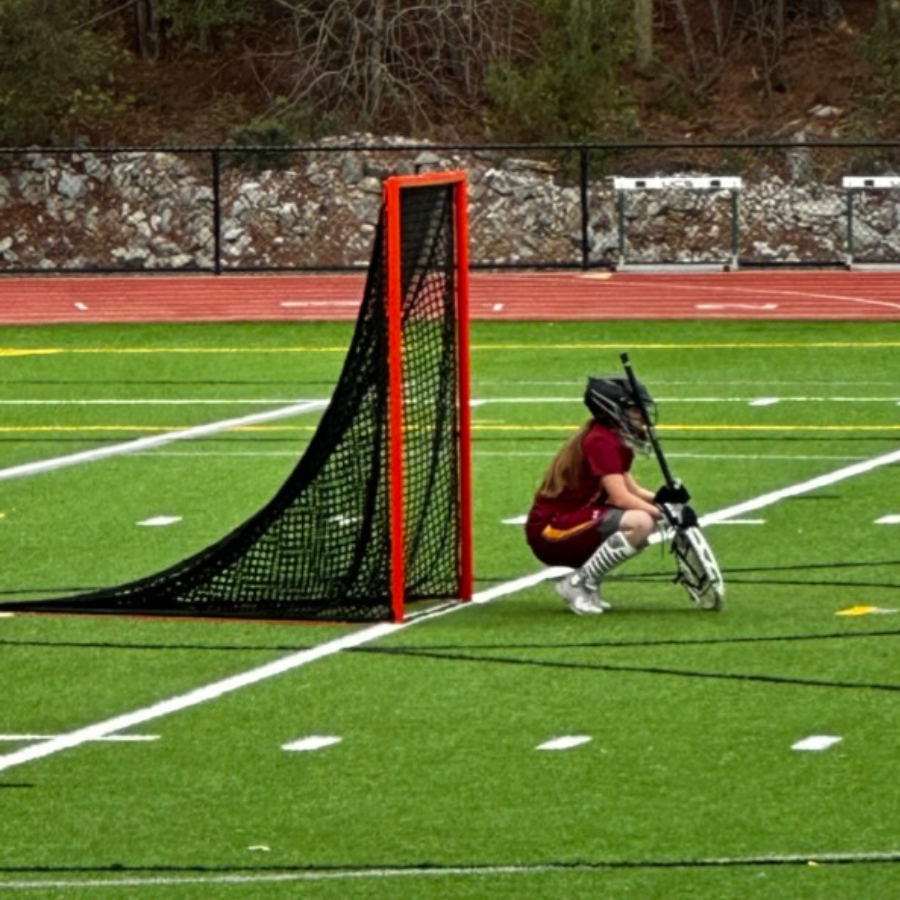Little kids running around with helmets on look like bobble heads – it’s hilarious.
Little hockey players can’t get back up when they fall – so funny
An entire little lacrosse team going after a ground ball?
You remember playing Hungry, Hungry Hippos?
We’re firm believers in kids playing and participating in sports and other activities.
We’re using a broad and inclusive definition of sports and activities.
Anything a kid does that get them up and moving and interacting with others.
We love them all – football, baseball, basketball, volleyball, cheerleading, lacrosse, soccer, marching band – whatever it is – if it’s their thing then go for it! We’re just going to call them sports to make it simple.
Participating in these offer children much more than just physical exercise—it plays a crucial role in developing social confidence. Whether it’s joining a soccer team, playing basketball with friends, or engaging in individual sports like swimming or tennis, sports provide an environment where children can build relationships, learn teamwork, and gain confidence in social interactions. In this article, we’ll explore how involvement in sports can positively impact your child’s social confidence and why it’s an important aspect of their overall development.
Building Friendships and Social Connections:
Sports offer a natural setting for children to meet and interact with peers who share similar interests. Being part of a team or group helps children form friendships that are often strengthened through shared experiences, victories, and challenges. These connections are vital in helping children feel a sense of belonging, which boosts their social confidence. As they bond with teammates, children learn how to communicate, cooperate, and support each other, all of which are essential social skills.
Learning Teamwork and Collaboration:
Team sports, in particular, emphasize the importance of teamwork and collaboration. Children learn that success often depends on working together, understanding different roles, and valuing the contributions of others. This experience helps them develop the confidence to express their ideas, listen to others, and engage in group activities. As they become more comfortable collaborating with their peers, they gain the social confidence needed to navigate other group settings, such as school projects or extracurricular activities.
Developing Communication Skills:
Effective communication is a key component of sports, whether it’s calling for a pass, strategizing with teammates, or discussing tactics with a coach. These experiences help children practice and improve their verbal and non-verbal communication skills in a dynamic, real-world setting. As they become more adept at expressing themselves and understanding others, their confidence in social situations grows, making it easier for them to interact with peers, teachers, and other adults outside of sports.
Handling Success and Failure:
Sports provide valuable lessons in both success and failure. Children experience the highs of winning and the lows of losing, learning how to handle both with grace and resilience. These experiences teach them that failure is a natural part of life and an opportunity for growth. As they learn to cope with disappointment and celebrate achievements, they build emotional resilience and confidence in their ability to face challenges, both on and off the field.
Enhancing Self-Esteem Through Achievement:
Achieving goals in sports—whether it’s mastering a new skill, improving personal performance, or winning a game—can significantly boost a child’s self-esteem. These accomplishments provide tangible evidence of their abilities and hard work, reinforcing their sense of competence and self-worth. This increased self-esteem naturally extends to social situations, where children feel more confident in their interactions and less fearful of judgment or rejection.
Encouraging Positive Peer Interaction:
Sports create opportunities for positive peer interaction, where children learn to respect and appreciate differences, work together toward common goals, and develop empathy. These positive experiences help children build trust in their peers and gain confidence in forming new relationships. Additionally, being part of a team can reduce feelings of social anxiety and isolation, as children feel supported by their teammates and coaches.
Providing a Safe Environment for Social Development:
The structured environment of sports offers a safe space for children to explore and develop their social skills. Coaches and team leaders often play a significant role in fostering a positive atmosphere where respect, encouragement, and cooperation are emphasized. This supportive environment allows children to take social risks, such as speaking up in a group or trying out a leadership role, without fear of harsh criticism. As they practice and refine their social skills in this safe setting, their confidence grows, and they become more willing to engage in social situations outside of sports.
Learning Lessons for Later in Life
Have a boss that you hate but can’t quit your job? Learning to stick with it and work through that situation is a valuable lesson. Letting your kid deal with a coach they don’t like is a good way to learn. For most people, work is a big group project until you retire, which is a long time – so learning how to deal with people that you are both cooperating with but also competing with is another great skill. These activities are a great way to learn.
Involvement in sports has a profound impact on a child’s social confidence, offering them a platform to build friendships, develop communication skills, and learn valuable life lessons. As they navigate the dynamics of teamwork, handle the ups and downs of competition, and achieve personal goals, they gain the confidence needed to succeed in all areas of life. Encouraging your child to participate in sports can be a powerful way to support their social development, helping them become confident, well-rounded individuals who are comfortable interacting with others.



















